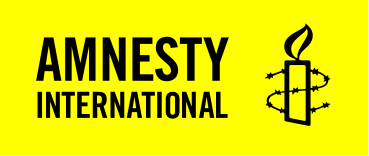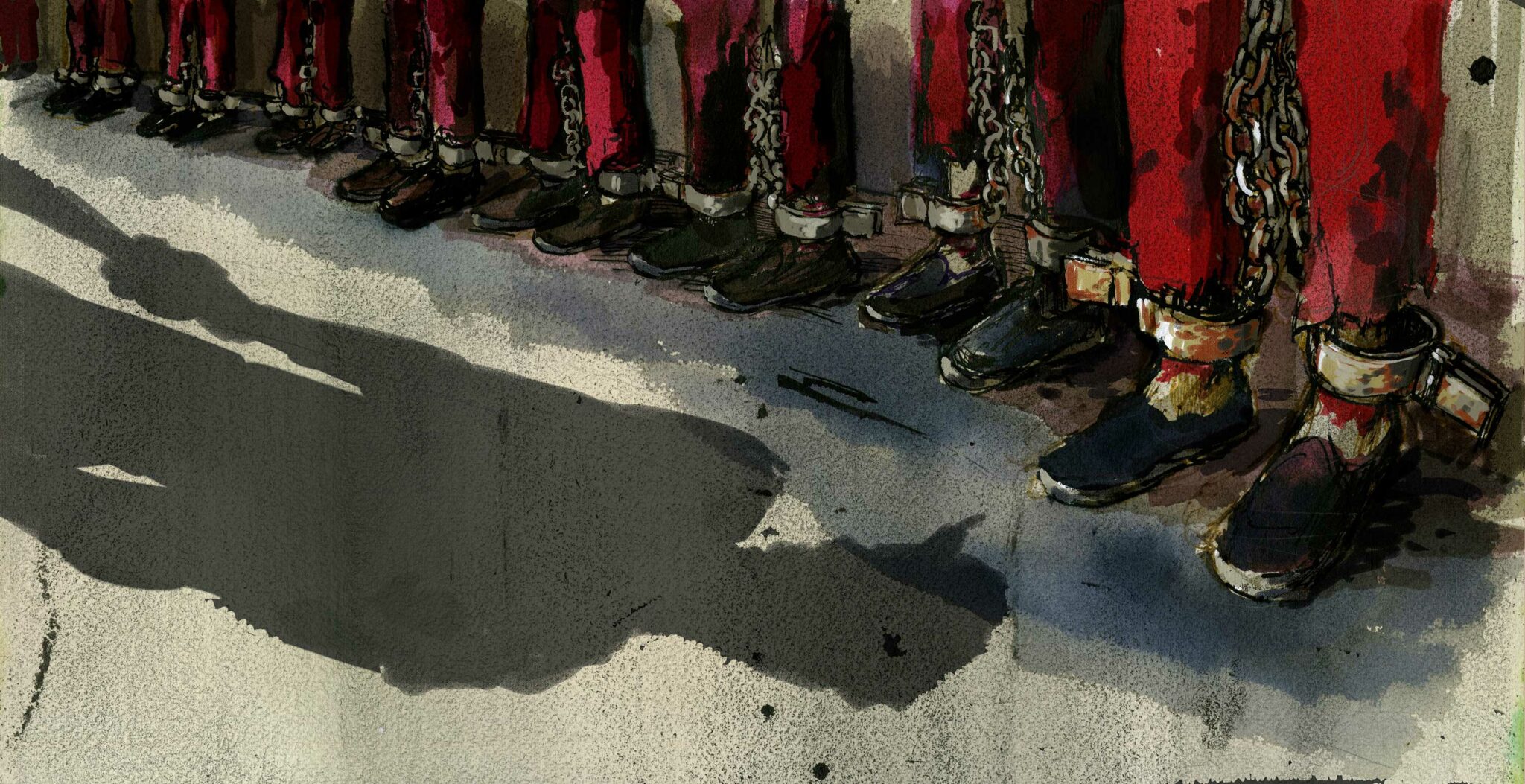The right to health and the question of consent
The right to health as recognized in Article 12 of the ICESCR further includes the freedom to control one’s health and body and the right to be free from torture, non-consensual medical treatment, and experimentation. [[[CESR General Comment 14, §8.]]] All people, including persons in detention, have the right to exercise informed consent to all medical procedures and treatments. The authorities must ensure that such people can effectively exercise their right to health, and that the healthcare provided for them complies with medical ethics, including principles of confidentiality, autonomy, and informed consent. The authorities must never require health professionals in places of detention to act in any way contrary to their professional judgment or medical ethics. [[[See also the Istanbul Protocol: “Doctors have a duty to monitor and speak out when services in which they are involved are unethical, abusive, inadequate or pose a potential threat to patients’ health.”; Office of the High Commissioner for Human Rights, Manual on the Effective Investigation and Documentation of Torture and Other Cruel, Inhuman or Degrading Treatment or Punishment (Istanbul Protocol), HR/P/PT/8/Rev.1, para. 67.]]] Informed consent requires a voluntary and sufficiently informed decision and includes the right to refuse treatment”. [[[SR right to health, report on mental health A/HRC/35/21 (2017), para 63; Annual report of the Special Rapporteur on torture, UN Doc. A/HRC/22/53 (2013) §28.]]] Involuntary hospitalization is a form of deprivation of liberty and can constitute arbitrary detention. [[[HRC General Comment 35, §§5, 19.]]]
Article 7 of the ICCPR adds that the absolute prohibition of torture or other ill-treatment includes the principle that “no one shall be subjected without his free consent to medical or scientific experimentation.” [[[See also Article 15(1) of the Convention on Persons with Disabilities; Article 6 of the Universal Declaration on Bioethics and Human Rights; CESR General Comment 25 (2020), which also emphasizes the protection against discrimination as an immediate obligation.]]] Abusive practices in healthcare settings, such as forced sterilization or forced abortion, can likewise constitute ill-treatment or torture, [[[HRC General Comment 28, §11.]]] as does deliberately depriving someone of medical attention. [[[See also CESCR, General Comment No. 14, The right to the highest attainable standard of health (article 12), UN Doc. E/C.12/2000/4 (2000), para 34: “States should also refrain… from limiting access to health services as a punitive measure”.]]] The Special Rapporteur on Torture has recognized “that medical treatments of an intrusive and irreversible nature, when lacking a therapeutic purpose, may constitute torture or ill-treatment when enforced or administered without the free and informed consent of the person concerned”, in particular when such treatments are performed on patients from marginalized groups or are discriminatory in character. [[[Annual report of the Special Rapporteur on torture, UN Doc. A/HRC/22/53 (2013) §32.]]] The states’ obligation to prevent torture and other ill-treatment applies not only to public officials, but also to doctors and other healthcare professionals, including those working in state or private hospitals and detention centres. [[[Annual report of the Special Rapporteur on torture, UN Doc. A/HRC/22/53 (2013) §24.]]]



